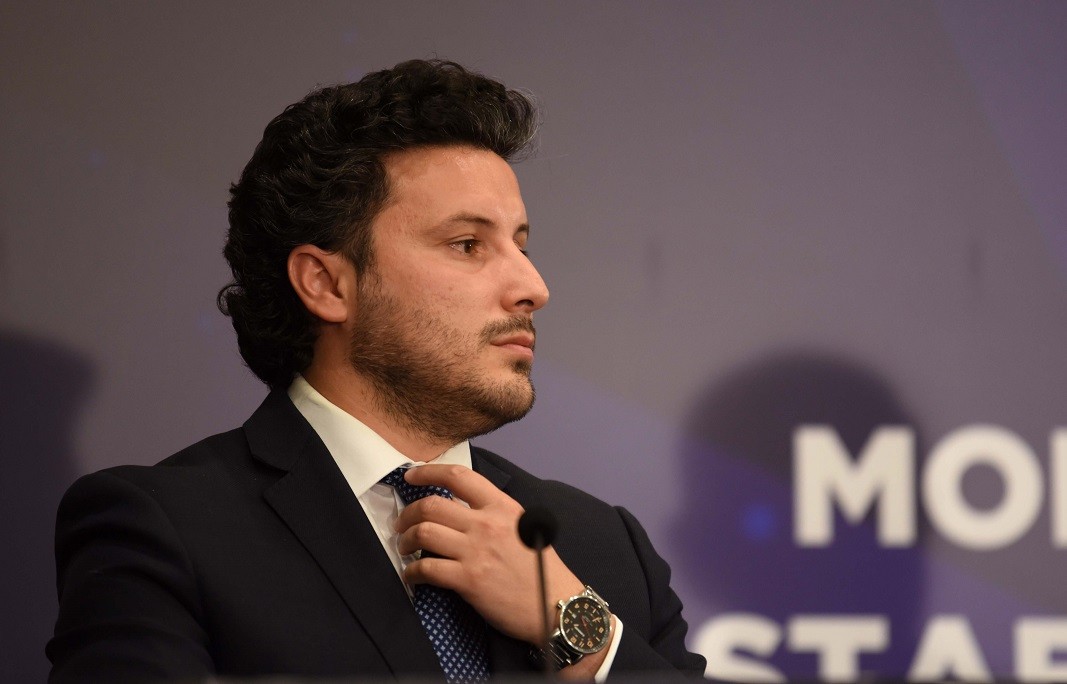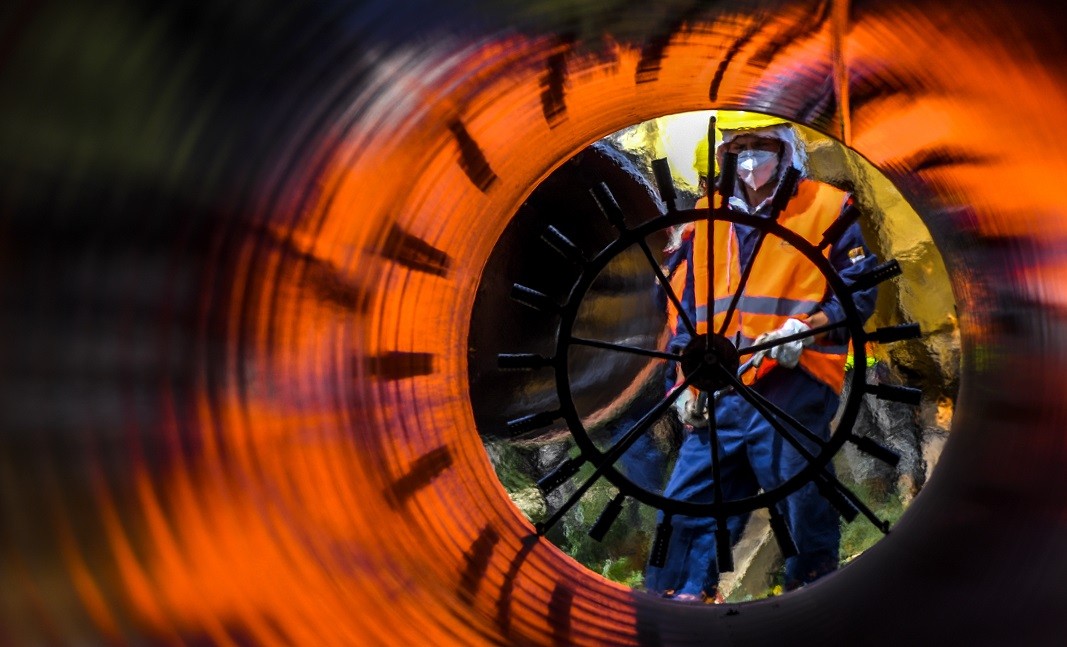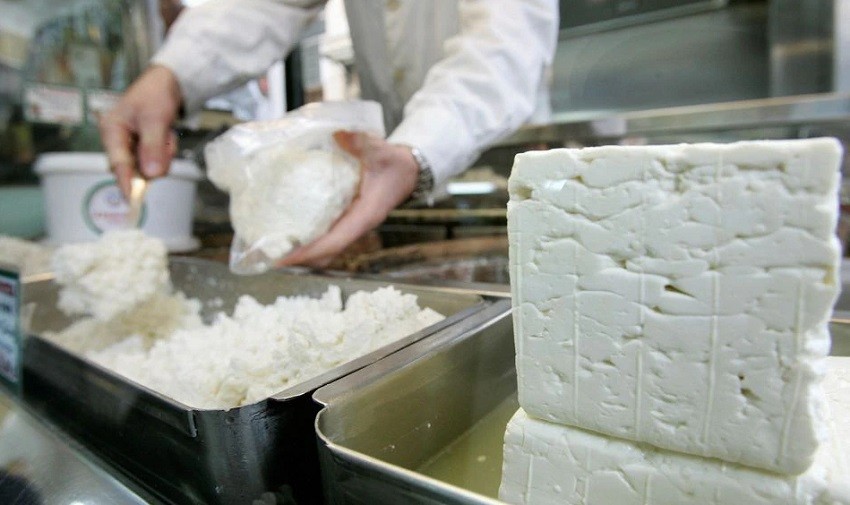Protests in North Macedonia continue

The protests in North Macedonia against the European framework proposal for start of EU membership talks have been continuing for a week. The culmination of the protests led by the opposition parties VMRO-DPMNE and the pro-Russian "Levitsa" was during the beginning of the parliamentary discussion on the proposal. President of the European Commission, Ursula von der Leyen spoke to the MPs urging them to adopt the offer. "There can be no doubt that the Macedonian language is your language”, she said pointing out the proposal respected national identity. Ursula von der Leyen encouraged North Macedonia to take advantage of the offer hinting that there would be no better offer. The opposition responded with whistles as well as by tearing the document and the EU flag, slobodnaevropa.mk writes.
Montenegro is once again facing political crisis

In case of lack of support for the current government in the parliament, all options are open, said Prime Minister of Montenegro Dritan Abazović, MINA agency reports. The split in the ruling coalition came after Abazović signed in Belgrade the Basic Agreement with the Serbian Orthodox Church. The leadership of President Milo Djukanovic's Democratic Party of Socialists said Abazović’s cabinet had lost support because the document violated the coalition agreement and the country's interests. But the party said it "remains dedicated to the political processes leading to Montenegro's EU membership." EU High Representative for Foreign Affairs Josep Borrell, who visited Podgorica on July 14, called on local politicians to continue reforms and not to steer away from the path to EU Membership.
Serbia also wants to import Azeri gas

The interconnector that is being built with Bulgaria is vital for Serbia and the diversification of gas supplies, Serbian Energy Minister Zorana Mihajlović said, Reuters reports. The connection with Bulgaria should be ready in September 2023 and Belgrade is already negotiating with Azerbaijan for deliveries of natural gas. Mihajlović pointed out that the interconnector will allow Serbia to also receive liquefied gas from Greece via Komotini and Stara Zagora. Serbia is completely dependent on Russian gas but wants at least 40% of imported gas to be non-Russian by 2023. Gazprom controls the country's only gas storage facility, Banatski Dvor, as well as the national energy company NIS. According to President Aleksandar Vučić, Belgrade might temporarily take control of NIS because of sanctions against Russia. Belgrade is also forced to negotiate for oil deliveries from Iraq.
Croatia to become part of the euro area next year

Croatia's admission to the euro area from January 1, 2023 has been confirmed with the approval of the last 3 documents by the Council of the European Union. With Croatia, the euro area will extend to 20 countries. The 19th country that joined the area back in 2015 was Lithuania. The European Commission, the European Parliament and the euro area countries have already approved the adoption of the euro by Croatia. In 2020, Croatia joined Bulgaria in the "waiting room" of the Eurozone. The country became member of the EU in 2013. The conversion rate at which the national currency will be replaced with the common European currency is 7.5345 Croatian kuna for one euro, HINA agency reported.
Greece and Cyprus win in EU court against Denmark for using the name "Feta"

Denmark has allowed its producers to continue exporting cheese with the protected designation of origin "feta", the Court of Justice of the EU has ruled. This happened after a joint complaint filed by Cyprus and Greece. "Feta" has been a protected name at European level since 2002. In a 2005 ruling, the EU's top justice body reserved the right only for producers based in Greece to name their sheep cheese "feta," rejecting an appeal by Denmark and Germany. Denmark has not fulfilled its obligation and has not stopped using the name "feta" for cheese intended for export to third countries, the court based in Luxembourg ruled. If Copenhagen did not comply with the court's decision again, the European Commission might demand that monetary sanctions be imposed against the country, BTA reports.
Compiled by: Ivo Ivanov
English: Alexander Markov
Photos: EPA/BGNESDiplomatic relations between China and the European Union span over half a century and have delivered substantial economic gains. “Trade between China and Europe has grown from 2.4 billion to almost 786 billion US dollars, with today’s daily volume..
"There was definitely more tension in this session of the European Parliament." This was commented by Angelina Piskova, BNR correspondent for the European institutions during a journalist round table in the programme "Strasbourg Calling" broadcast..
Greece temporarily closes route for migrants from North Africa Greece is suspending for 3 months asylum applications from migrants arriving in Greece from North Africa by boat, EuroNews-Greece reported. "The route to..

+359 2 9336 661
